By Church Leadership Center
October 23, 2015A Revitalized Church
This is an unusual place.
A Reformed church with a rich RCA history within its white, Dutch heritage, which is now a multi-racial, multi-generational faith community. A church that experienced significant decline over several decades that has now reversed that trajectory and has added 110 new members in the past five years, only ten of whom came to the church by transfer from another church. A church whose worship features a traditional bell choir blended with the more modern sound of guitars and drums. A church established in the mid-1800s whose current pastor was hired, at least in part, because he was a new church planter.
A short time ago, the picture was not so bright.
After giving birth to two new churches in the 1950s, Faith Church of South Holland, Illinois, grew to its attendance peak over 1000 people in the 1970s. But when Pastor Matt Waterstone arrived in 2008, he was welcomed by a church of 170 people. As they assessed their situation, they determined that they had three choices: sell their church building and move to the suburbs, die, or make changes to thrive where they were. They made a conscious decision to pursue the third option, willing to make whatever changes were needed to follow God’s will for them.
One of the convictions they have followed since then is to become a more diverse church community.
They have found that this does not come about by merely welcoming people who happen to visit the church; it requires an intentional, thoughtful, and persistent effort. Two years after he arrived, Matt brought in two ministry interns, Anthony Bolkema (now Director of Worship and Student Ministries) and Corey Buchanan, a young African-American student from nearby Moody Bible Institute. A year later, Corey was hired as a staff member of the church as Director of Mercy and Justice Ministries. He leads a prison ministry in Chicago, a college Bible study group at South Suburban College, and First on the Move, a community outreach effort of the church that provides food baskets, car washes, and other assistance to people in their community. Corey has also engaged church members in outreach ministries, and the church’s deacons have been empowered to more effectively carry out their mission. Long-time members of the congregation have come to embrace Corey as he has extended care to them. The net effect of these intentional activities is that First Reformed Church has become more diverse, with approximately 20% non-white membership. Diversity of every kind has drawn people to the church, as expressed on the church’s website, “we came to be a part of a community where black and white and young and old and rich and not so rich can enact a slice of heaven together.”
Another key component in the church’s turnaround has been a consistent commitment to leadership development.
Matt’s background as a church planter taught him that he must always continue to disciple people under his care, that leadership and mission are best implemented through teams, and that reaching out beyond the walls of the church is the responsibility of the entire congregation. Leaders are expected to be versatile, teachable, and humble, with special gifts for listening to and leading others. Elders, deacons, and everyone in the church is invited to attend a multi-session, biblical and practical workshop entitled, Do You Feel Called?, which encourages them to participate in the ministry of the church As mentioned above, the church has seen internships as an essential aspect of their leadership development efforts, so much so that Matt observes that the story of God’s exciting works of transformation in and through First Reformed Church is a story that could not be told without the stories of their interns.









